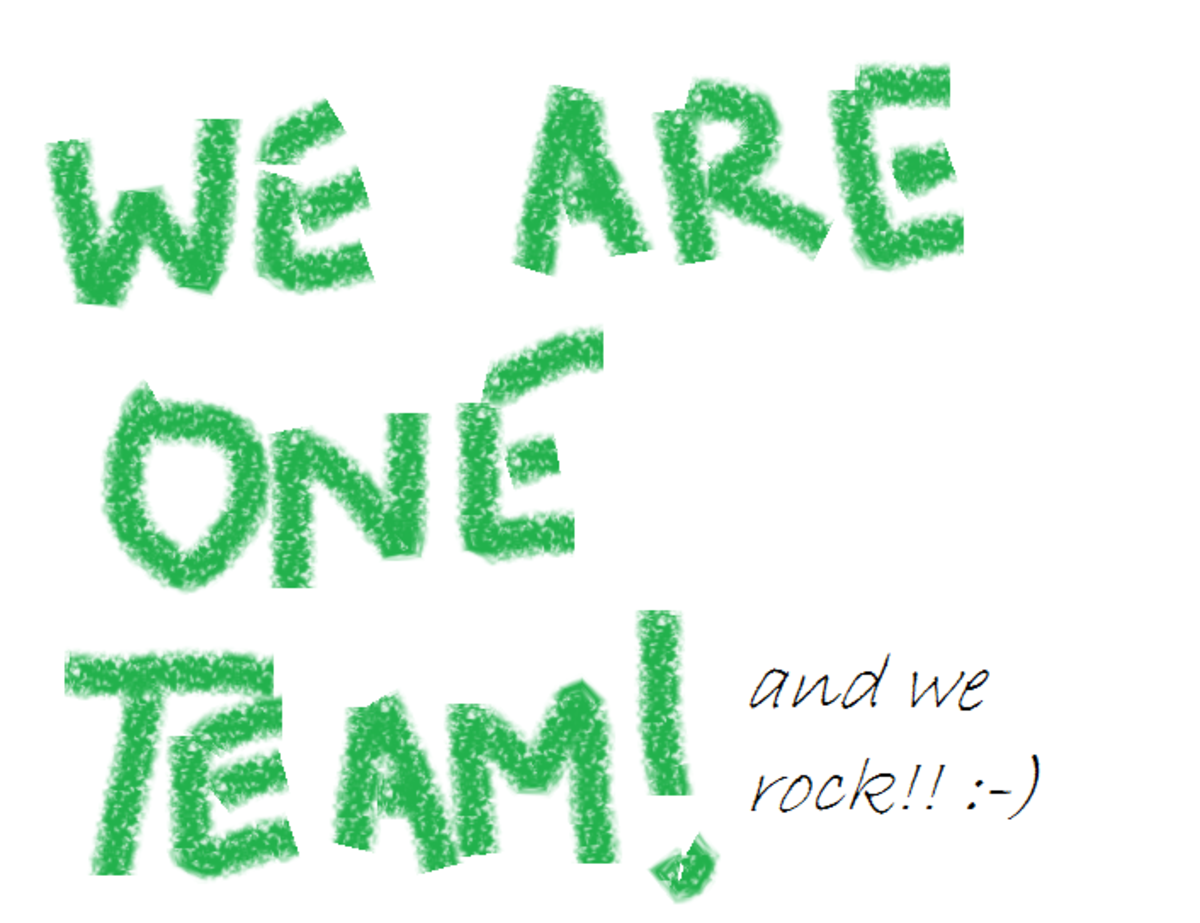Birth Order Influences in the Workplace-Part 2/2-Supervisors, Managers, and Executives

BIRTH ORDER & MANAGEMENT


OLDEST CHILD



ONLY CHILD



MIDDLE CHILD



YOUNGEST CHILD



The Influence of Birth Order on Supervisory/Managerial Personnel
Birth order is very instrumental in the way that managerial personnel supervise their subordinates. There are different management methodologies as there are supervisors, managers, and executives. Some supervisory personnel are very authoritarian in their approach to managing their subordinates while others are more liberal and democratic in their approach.
Oldest children were only children before they were dethroned by the arrival of a younger sibling. Oldest children are often the leaders of their families. Parents usually have harsher and more exact standards for oldest children than they do their younger siblings. Oldest children are not allowed to get away with anything and are punished more harshly than their younger siblings.. Because of their early familial environment, oldest children are exacting and authoritarian in their approach to life.
Supervisors, managers, and executives who are oldest children are very exacting and manage by the book. They believe that rules and regulations are to be adhered to without exceptions. They are adherents to the idea that the workplace is for work, not play. They have a disdain for and frown upon employees who do not take their work seriously. They believe in the philosophy that a day's work equals a day's pay.
Oldest children who are supervisors, managers, and executives believe that people should work hard. Besides being severe taskmasters they can be quite authoritarian and traditional regarding the managerial role. Oldest child supervisors, managers, and executives believe in traditional relationships between the manager and the employees. They believe that the employee should stay in his/her place and not to usurp their authority.
They are comfortable when the role of manager and employee is strictly delineated. A supervisor who is the oldest child in her family, was never friendly with her subordinates. She maintained her distance from them, believing that subordinates respect supervisors who are sure of their role. Many oldest child supervisors, managers, and executives can be control freaks, monitoring every aspect of an employee's work assignment and not resting until the assignment is completed to punctilious satisfaction.
Many oldest child managerial personnel are quite uncomfortable with newer forms of supervision which there is more employee participation. They prefer the old style of managing where they manage and tell the employees what to do and they comply without question. They are the type of supervisors, managers, and executive who show no mercy to any employee who they deem to be less than efficient. They can easily and without hesitation, apply the various disciplinary measures whether it is writeups, suspensions, fires, and/or terminations.
The only child will always be the center of their parents' universe because he/she was not dethroned by the arrival of another child. Because there are no siblings in the family to compete with, only children possess high levels of self-confidence and self-assurance. Having no siblings result in only children being extremely self-reliant and independent. Only children are often quite imaginative and creative because he/she was not pigeonholed in rigid roles that children with siblings often are. Only children develop adult mannerisms, advanced vocabulary, and have intellectual acumen because they interact primarily with their parents. Parents often have very high expectations for their only children which often result in perfectionism.
Only child supervisors, managers, and executives can be quite exacting and do not suffer fools gladly. They, like their oldest child counterparts, believe that being in supervisory positions are a serious business. They believe that the workplace is for work, not gossip and telling them your problems. I remember when I was a supervisor at a tax agency in Brooklyn, New York, an employee wanted to discuss her personal problems with me. I was only concerned about the work being produced and told her that her personal problems were not my concern and has no place in the workplace.
Only child supervisors, managers, and executives because they are independent and self-reliant tend to believe that everyone should do likewise and contribute their share to the workplace. Only child supervisors can be highly individualistic and believe that employees should be self-starters and use their own initiative without constantly asking them what to do.
Even though only child supervisors, managers, and executives can be quite independent and individualistic, they, like their oldest child counterparts, believe in the traditional mode of supervisor-employee relationship. They believe that the supervisor is dominant in the supervisor-employee relationship and that the supervisor-employee relationship is not a democracy.
The only child supervisor, manager, and executive is very perfectionistic and view mistakes as a personal reflection upon him/her and the workplace. While only child supervisors, managers, and executive respect the conscientious and diilgent employee, they have no love for the employee who makes a lot of mistakes because they see this as being unprofessional and lack of respect for the job.
Only chld supervisors, managers, and executives do not believe in having friendly work relationships with their employees, only caring about the job process. To only and oldest child managerial personnel, work is not the place for friendships but work. They view this type of supervisory-employee relationship as unprofessional and disrespectful in addition to being disruptive to the work environment.
Only child managerial personnel also believe in following rules and regulations to the letter, seeing no excuse from employees not to do so. Only child managerial personnel also believe in applying penalities for errant employee behaviors. They willingly and with no remorse apply the appropriate disciplinary measures to such employees ranging from writeups and suspensions to terminations.
The middle child is often defined not as his/her own individual entity but as someone else's older and/or younger siblings. Parents and other siblings often overlook them. Middle children are often caught in a tug of war between older and younger siblings. Because of their early familial environment, middle children have to learn the art of compromise and negotiating. Many middle children furthermore learn to see all sides of an argument. Because of familial focus on older and younger siblings, many middle children are quite independent, often going their own way. Middle children, on the basis of their familial position, are quite sympathetic to the oppressed.
Middle child supervisors, managers, and executives are the most democratic and openminded of all birth orders. They do not feel threatened regarding having employees telling them about job related problems. In fact, they welcome it believing that from an employee's input, they can devise methodology in which they make the workplace smoother and more functioning.
Middle child supervisors believe in being approachable to their subordinates for the same reasons. The old model of supervisor-employee relationship is viewed by many middle child managerial personnel as outmoded and archaic and belonging to the late 19th century, not the early 21st century where a more individualistic and democratic workplace with employee participation is imperative if the workplace is to progress and remain productive.
Middle child supervisors are also more lenient of employees when they make mistakes. They realize that making mistakes is part of work and is not a mortal sin. They are not as horrified of employees making mistakes as oldest and only child supervisors are. They do not view employees' mistakes as a personal affront to them. They realize that everyone makes mistakes and move on.
Because middle child managerial personnel do not see themselves as superior and apart from their employees, many employees are quite comfortable with them which makes a workday more enjoyable. Middle child supervisory and executive personnel oftentimes work with their employees in order to accomplish work goals. They are not afraid to get their hands dirty.
Middle child managerial personnel are often pro-employee rather than pro-management. They are the first supervisors to defend their employees if anything goes wrong in the workplace. They, too, often admit to their subordinates when they are wrong. They believe that no one is perfect and beyond reproach no matter what their position is. They are of the school that no job is better nor more prestigious than another and every job is vital for the smooth functioning of the company.
Middle child supervisors believe in talking to their employees if they are below satisfactory. They are of the school that employees can improve by discussions and encouragement rather than applying discipline to them. They only use disciplinary measures to an employee as a last resort..
Youngest children are the babies of the family. They are the most indulged of all birth orders. Parents are more lenient with their youngest children than they are with their oldest children. Youngest children, because of their ordinal familial position, have the least responsibilities and least childhood stresses. Youngest children are also very dependent and want to be rescued because their parents and older siblings did things for them. Youngest children also find it difficult to use initiative and to be independent. However, many youngest children can be quite creative and unconventional trailblazers because others roles were taken by older siblings.
Youngest children usually do not make good supervisors because they have been used to being told what to do. Supervisory, managerial, and executive roles are an ill fit for youngest children who are more suitable for subordinate roles. Many youngest children are supervisors in name only while other stronger, more responsible subordinates are the power behind the throne.
However, there are quite capable supervisory, managerial, and executive employees who are youngest children. They are often creative and nonauthoritarian. They are also open to suggestions from their employees and believe in making the workplace a creative and fun place to be. Youngest child supervisors, managers, and executives are often more unconventional and adventurous than their older siblings so they are not afraid to apply innovative and creative methods to improve the workplace.
Youngest supervisory personnel are not sticklers for rules and regulations. They believe that rules and regulations are only guidelines for the workplace and they are not sacrosanct. They believe that rules and regulations are situational either to be applied or ignored depending upon the circumstances.
Youngest managerial personnel often do not believe in applying disciplinary measures to employees until the very last resort. They often believe that applying discipline can have deleterious affects on employee and work morale. They are of the school that employees respond better and improve by discussion and encouragement rather the discipline which they consider to be punitive and destructive to the workplace.
In conclusion, birth order is one of the determinants of managerial style. Birth order has an influence of what type of supervisor, manager, and executive one is. Birth order determines whether a supervisor, manager, and/or executive is strict or lenient, democratic or authoritarian, pro-employee or pro-management, and last but not least whether he/she is more likely to use discussion or more severe disciplinary methods as corrective measures.
© 2011 Grace Marguerite Williams








